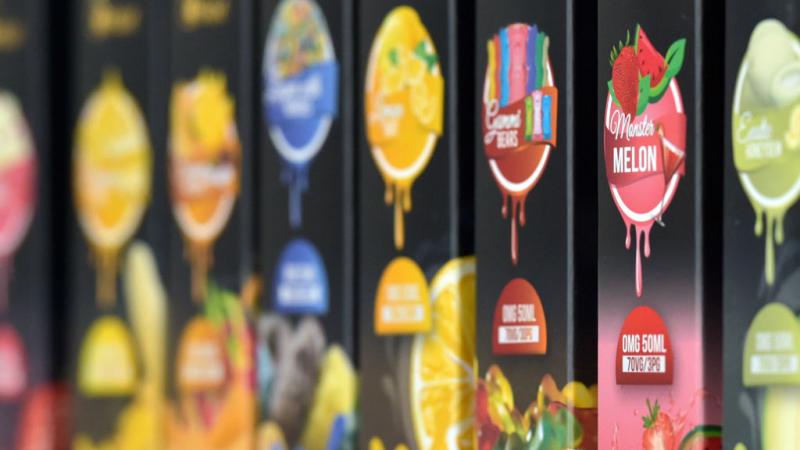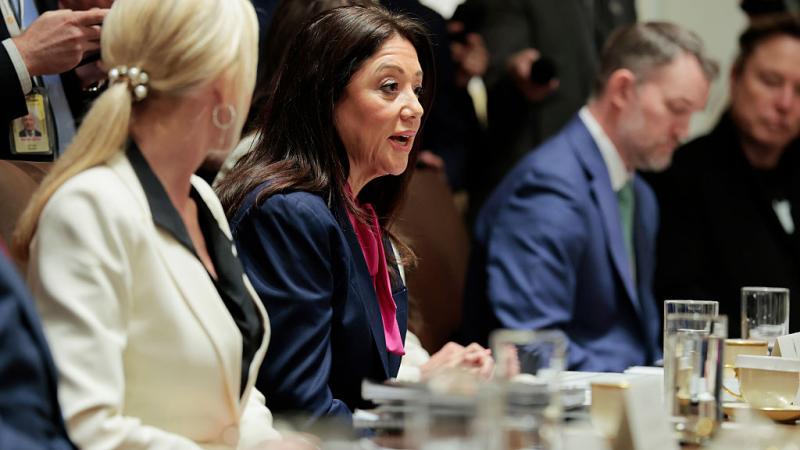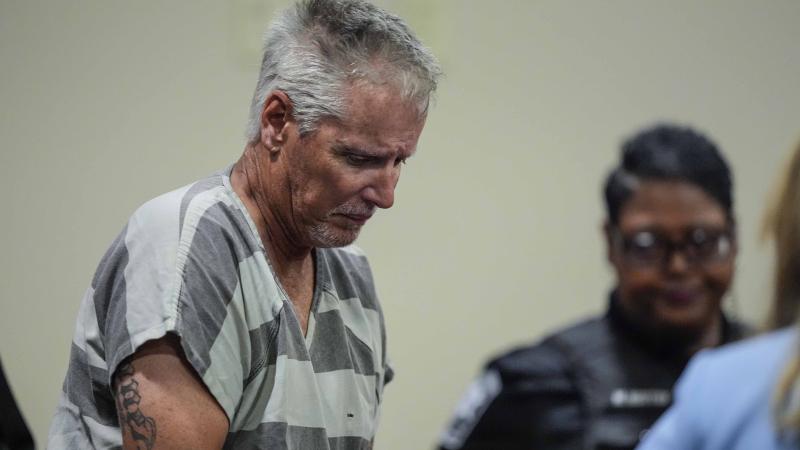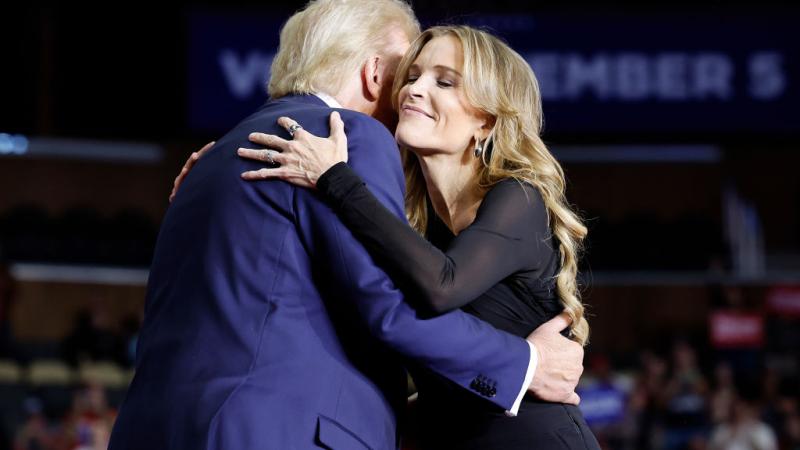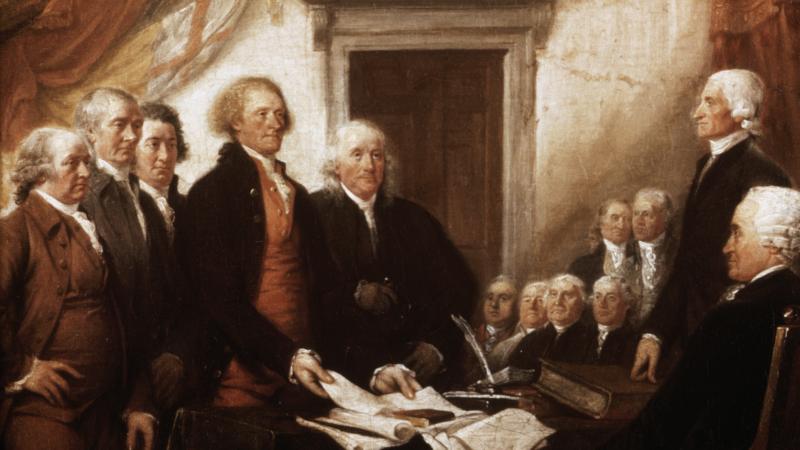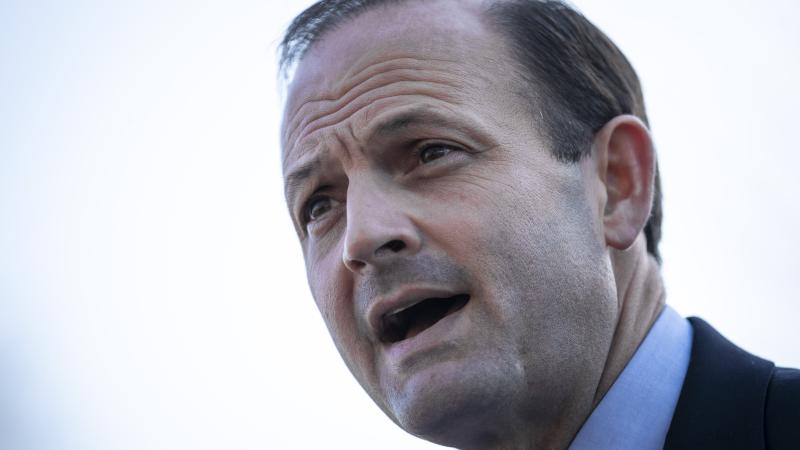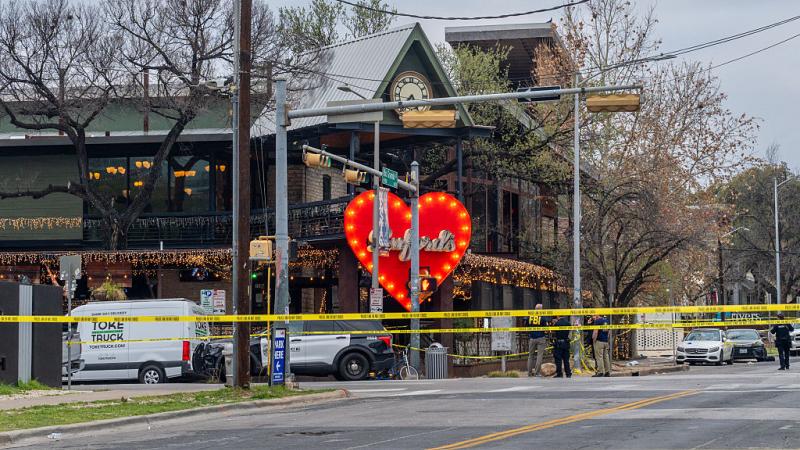Judge maintains ban on fed censorship communication with social media
Judge gives "a few examples" of the voluminous evidence that led him to issue preliminary injunction, says states can sue to vindicate their "quasi-sovereign interests."
The Justice Department failed to convince a federal judge to lift his preliminary injunction that bans several forms of contact among the White House, federal agencies and social media companies as the First Amendment lawsuit against alleged government-tinged censorship proceeds.
U.S. District Judge Terry Doughty reminded the feds of "a few examples" of the voluminous evidence that informed his July 4 order, which found that Missouri and Louisiana attorneys general and censored doctors were likely to win the suit.
They include demands from White House officials to remove an "anti-COVID-19 vaccine tweet" by Robert F. Kennedy Jr. and Facebook video where former Fox News host Tucker Carlson similarly questioned COVID vaccines. The CDC regularly gave Facebook lists of supposed COVID misinformation for removal, including "medically debatable topics" like COVID's survival rate and the vaccines' potential to "weaken the immune system."
Despite having Hunter Biden's laptop since December 2019 and knowing that "the story was not Russian disinformation," the FBI "repeatedly warned social-media companies to be alert for 'hack and dump' or 'hack and leak' operations" ahead of the 2020 election, leading Facebook to suppress reporting about it, Doughty said.
Missouri and Louisiana indeed have standing to sue the feds, Doughty said, under Supreme Court precedent that allowed Massachusetts to sue the Environmental Protection Agency "to protect its quasi-sovereign interests" rather than "challenge the federal law’s application for its citizens."
The judge rejected the government's claim that the individual plaintiffs didn't allege "irreparable harm." Even a "short" violation of the First Amendment "is always irreparable injury," Doughty said.
The feds have cited "no specific action that would be prohibited by this Preliminary Injunction that would provide grave harm to the American people or over democratic processes" as the department claims, the judge concluded.
Doughty made one change to his injunction in response to the department's claim that it's too vague: He now defines "protected free speech" as the Supreme Court's jurisprudence on the First Amendment, not that of all U.S. courts.
"Plaintiffs are likely to prove that all of the enjoined Defendants coerced, significantly encouraged, and/or jointly participated social-media companies to suppress social-media posts by American citizens that expressed opinions that were anti-COVID-19 vaccines, anti-COVID-19 lockdowns, posts that delegitimized or questioned the results of the 2020 election, and other content not subject to any exception to the First Amendment," the order says.
The injunction "only prohibits something the Defendants have no legal right to do," according to the judge.

